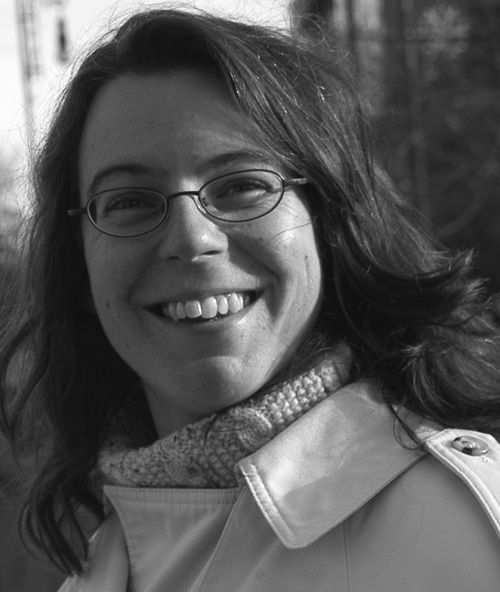Examining the Experts in Eassessment, with Paula Goddard
In this eassessment blog, assessment experts give their views on the changing world of examination delivery

Our new e-assessment blog series ‘Examining the Experts’ asks leaders in assessment and e-assessement experts – practitioners and consultants, authors and solution providers – to share their experience and knowledge on the world of assessment and how exam delivery is changing over time.
Today's contributor is Paula Goddard, who is an experienced senior examiner, freelance educational writer and Fellow of The Chartered Institute of Educational Assessors. She has worked with many of the UK's exam boards marking and designing exam questions. She tweets using @exam_writer on assessment industry news and opinion.
Read on to learn from Paula’s experience, including how you don’t need to have grey hair to be a senior examiner!
How did you get into the assessment field? Would you recommend that route to anyone planning a career in assessment?
As an ex-engineer turned adult education lecturer, I got into exam marking after running GCSE evening classes. I spotted a job recruitment poster by one of the main UK examboards pinned to the tutor noticeboard and this intrigued me enough to apply for my first examiner post. Fifteen years on I now write exam questions and mark them too.
Would I recommend this route into a career in assessment? Well yes, it is one the most well-used. Being a teacher is one of the easiest ways into assessment, you can just apply directly to exam boards.
What do you think have been the most useful technical advancements in assessment software? What has made the most difference to you personally?
Online exam marking and automatic capture of exam marks has been a boon to examiners but the technical advancement that has made the biggest difference to me is online messaging.
When I applied to become an examiner I had to fill in a paper form and post it off – paper communication is still used by some exam boards for the administrative work that goes with examining but you no longer have to wait weeks, yes weeks, for a reply as you did with letter communication. Online messaging has made the many daily decisions that go with being a senior examiner a lot easier.
Do you think that the use of paper in examinations will be phased out or will it always have a role?
The end of paper exams has been predicted for some time – decades even. But I think its days are numbered – New Zealand is leading the way with online exams and Ireland's school system has just announced that their computing exams will be going online. The UK is lagging behind in e-assessment for schools but once the change begins it will soon become the norm and we'll forget that paper exams even existed, just as we did for smoking in public places or wearing car seat belts.
What are the most dramatic changes you have seen in the running of exams over the course of your career?
The introductory speed of new exams has hugely reduced in the last 5 to 10 years. Where once the design of a new exam specification would be debated, discussed and revised many, many times this now takes place over the course of a year, possibly even just months. To use business jargon, being 'agile' and responding quickly to change is a major advantage for the assessment industry. But this only works if the expertise behind it all isn't compromised.
What’s the most unusual assessment story you have encountered or experienced?
I love marking exam answers from overseas countries as the answers inadvertently give you an insight into the daily workings of lives say in Zambia or Myanmar. I read that fresh milk is not easily available but canned milk drinks are. And that even small local restaurants belonging to family members are run using modern business techniques and Just In Time delivery methods.
Have you had a professional mentor who was especially influential in your career? If yes, what lessons or advice have proven to be most impactful for you?
Not specifically a mentor but a particular Chair of Examiners was highly influential – by just observing how they conducted examiner meetings and kept the flow of conversation and debate running smoothly and quickly was insightful. Plus I saw that you didn't need to have grey hair to be a senior examiner – you could get along in a career in assessment even if you were under 35. For the record my hair is now nicely grey.
What social media platforms do you use regularly, and, of these, which one do you find to be the most useful in your professional life?
You'll find me regularly tweeting on Twitter as @Exam_writer, plus Facebook which I use to chat to other examiner members of The Chartered Institute of Educational Assessors in 'private mode'. LinkedIn, although a bit old-hat and clunky, is where you'll find many employees of exam boards and other assessment industry professionals – from administrative staff to their CEOs. What I've discovered is if they are on social media they, more often than not, want to interact with you. So if you message a CEO they will often respond.
If you’ve enjoyed this eassessment blog, then follow this link to read some competence assessment expert insights from Peter Bennett.
For more information on transitioning to eassessment, download our 5-Step Guide to Online Examinations here.



















